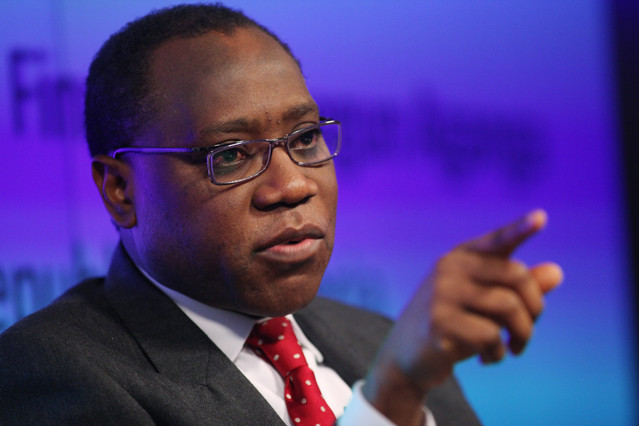Olusegun Aganga, former minister of finance, says the presidential system of government is expensive for Nigeria.
The former minister, who also held the trade and investment portfolio, said the COVID-119 pandemic is a unique opportunity for Nigeria to make needed structural changes.
Aganga served as minister of finance from 2010 to 2011, after which he was appointed minister of trade and investment, a position he held until 2015.
In an interview with The PUNCH, he said Nigeria failed to save for a rainy day, and would need to cut the cost of governance to meet its needs.
Advertisement
“My first focus will be to cut and control costs in a significant way. Cut the wastages, block revenue leakages, and take this unique opportunity to cut the cost of governance,” he said.
“We all know that the presidential system of governance is an expensive one. And we now know we cannot afford it.
“This is a unique opportunity to make certain structural changes; we should not miss the opportunity. History will judge us well if we did. We also need to reprioritise spending and improve the quality of our spending.
Advertisement
“When we talk about sources of finance for the economy as opposed to the budget, there are four main sources. The first is the government-sourced revenue including loans.
“This is limited now but if we make our case well and we are seen to have taken some tough measures already, we may be able to access some grants, soft loans. I believe the government is already doing this. But expect revenues from taxes, customs, and value added tax to fall.”
Aganga said the effect of the pandemic on Nigeria’s economy will be “devastating” especially with sustained fall in oil price.
“We were already heading for a tough time pre-COVID-19, but I expect it to be much tougher now because of the twin effects of COVID-19 and the significant and sustained fall in oil price,” he added.
Advertisement
“The glut is going to hit Nigeria harder because we do not have any refining capacity or solid long-term oil contracts as the Saudis have with China and we are almost entirely dependent on oil revenues to support our budget and reserves.”
Add a comment







